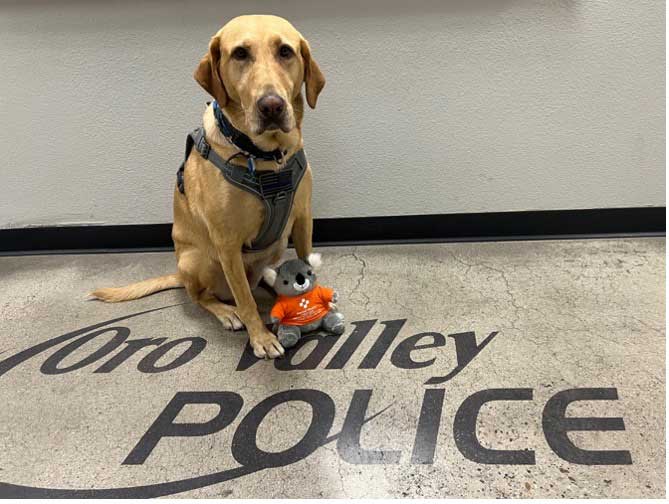Every day, 140 individuals in the United States die of a drug overdose, 91 of them specifically due to opioids. Most of us know someone who has faced an addiction, and maybe even lost their life to it. The death toll due to opioid overdose continues to rise, and that’s why this month we’re focusing on how each of us can use Mental Health First Aid to make a difference and save a life.
The National Council for Mental Wellbeing is adding a component to its Mental Health First Aid curriculum to provide the skills for every lay person to understand the opioid crisis, recognize a substance use crisis and training on how to administer the opioid antidote, naloxone. The supplement also provides guidance in seeking professional help and self-care.
Here’s what you can do to get informed and spread the word:
- Watch this video about how addiction took the life of Jamie Werner and forever changed the lives of a family and community. Keep an eye on our blog for a commentary from the Werner family in the coming weeks.
- Read up! All month long, we’ll be posting stories and information on our Mental Health First Aid blog about the opioid epidemic, its impact and ways to help. Stay up-to-date and share them with your networks!
- Spread information. Share our upcoming blog posts and infographics on social media to keep your communities in the know.
- Share your story. Have you or someone you know been impacted by the opioid crisis? Email Rubina Kapil at RubinaK@TheNationalCouncil.org to share your story and you may be featured on our blog.
Learn more about Mental Health First Aid and look for more ways to get involved throughout the month. Thank you for continuing to #BeTheDifference in your community.



